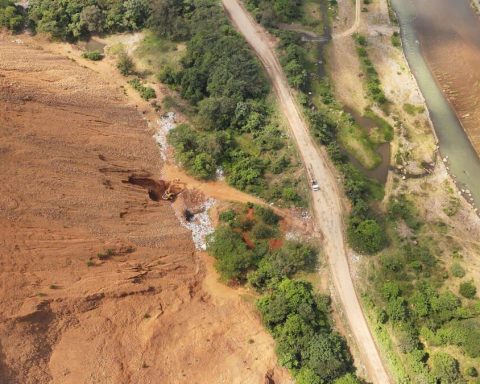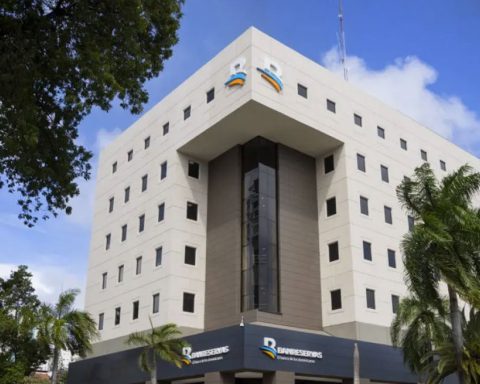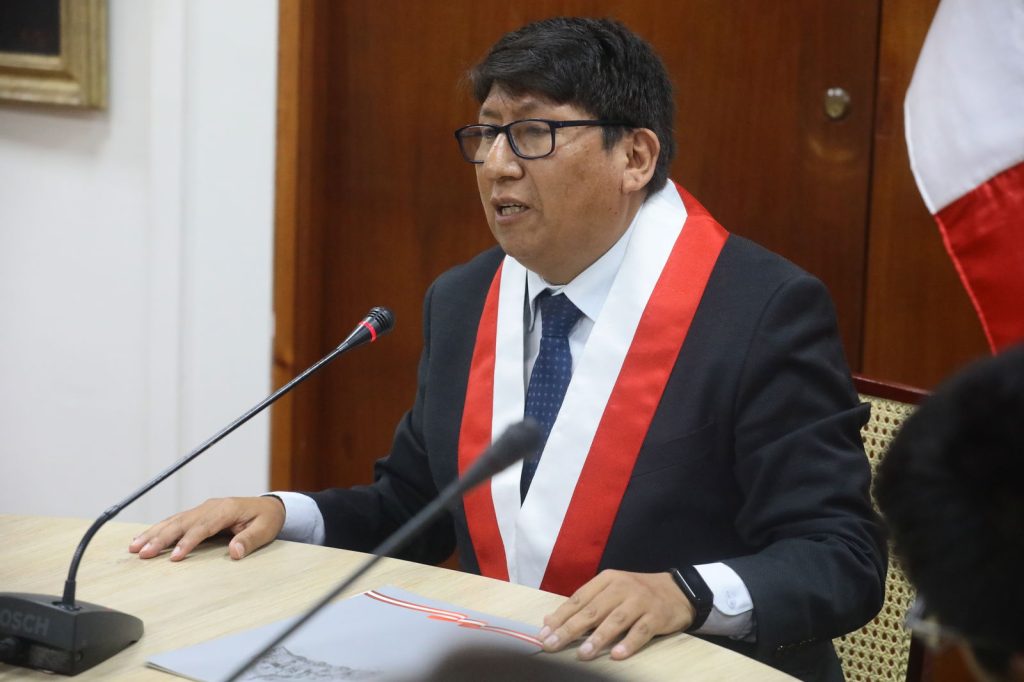Trained human resources, technology, energy, infrastructure are some of the challenges facing the region
A qualified workforce; technological facilities; availability of energy resources (natural gas, electricity) and regulatory issues are among the challenges to attract investments for nearshoring and friendshoring in Central America and the Dominican Republic.
Other challenges include strengthening security and logistics infrastructure, such as improving roads for the transportation and destination of goods, according to the Deloitte study, “Nearshoring in Central America.”
This region could take advantage of its proximity and good relations with the United States to boost its economies thanks to these two models that have gained ground in recent years due to the pandemic, the crisis in distribution chains, trade tensions between powers and the political conflicts that have arisen in various parts of the world.
Nearshoring This occurs when a company moves all or part of its production—usually located in Asia—to be closer to the end consumer—i.e., the U.S.—in order to reduce costs and avoid logistical setbacks.
While the friendshoring It is a business practice where supply chain networks focus on countries that are considered political and economic allies. In commercial terms, the region can benefit from this model, since more than 50% of exports from Central America and the Dominican Republic are destined for the United States, according to the Deloitte report.
Deloitte Dominican Republic yesterday inaugurated its new offices, a sustainable, modern and efficient space, Carla Coghimanaging partner of Deloitte in the region, indicated that this entity has been present in the Dominican Republic for 18 years.
He said that Deloitte has managed to position itself as one of the most solid and experienced firms in the market, with a robust offering made up of the following service lines: Audit and Assurance; Tax and Legal Services; Technology and Transformation; and Strategy, Risks and Transactions.

















